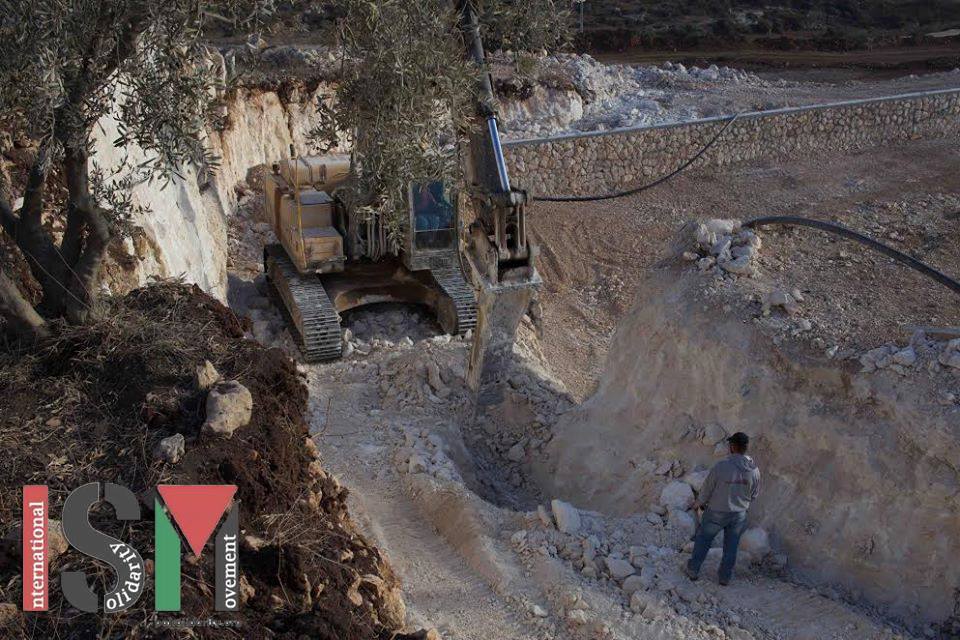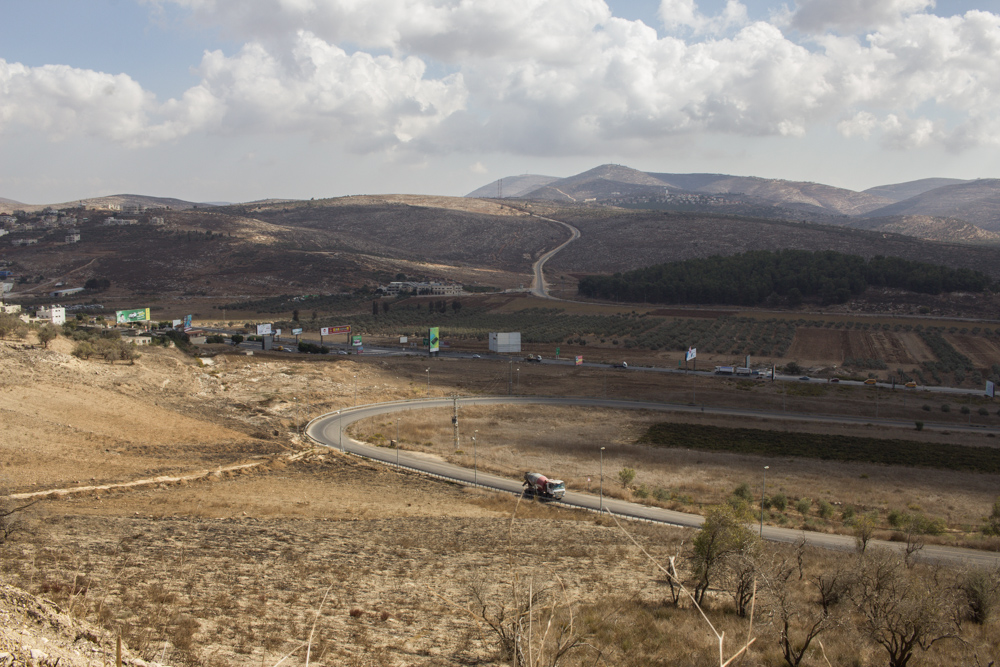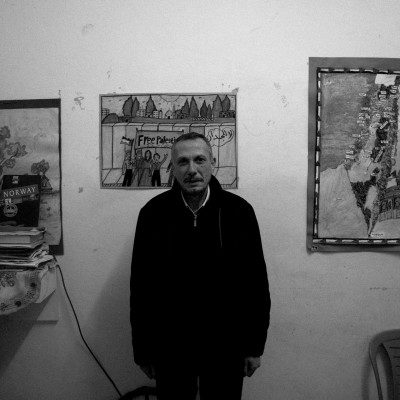Tag: Tear-Gas Canister
-
Olive harvest and Colonialism in expansion in Kafr ad Dik
12th November 2016 | International Solidarity Movement, Huwwara team | Kafr Qalil, occupied Palestine For the past six days, international activists joined a Palestinian farmer, Fares Deek, in the harvest of his olives outside Kafr ad Dik village, located inside Salfit governate. For the past 16 years, the area has been a target of expanding…
-
Olive harvest in Kafr Qalil and protective presence
2nd November 2016 | International Solidarity Movement, Huwwara team | Kafr Qalil, occupied Palestine On 31st October international activists joined a Palestinian farmer and his family in Kafr Qalil to pick their olives. There was no interruption during the harvest this day, but there was a strong sense of pressure that is always present for…
-
‘We are strong and we will be free’ – Hashem Azzeh memorial
24th October 2016 | International Solidarity Movement, al-Khalil team | Hebron, occupied Palestine One year has lapsed since the passing of Hashem Azzeh, a devoted husband and loving father of three, and close friend of ISM. Hashem died following an exacerbation of a latent heart condition that was triggered by tear gas inhalation suffered in…



